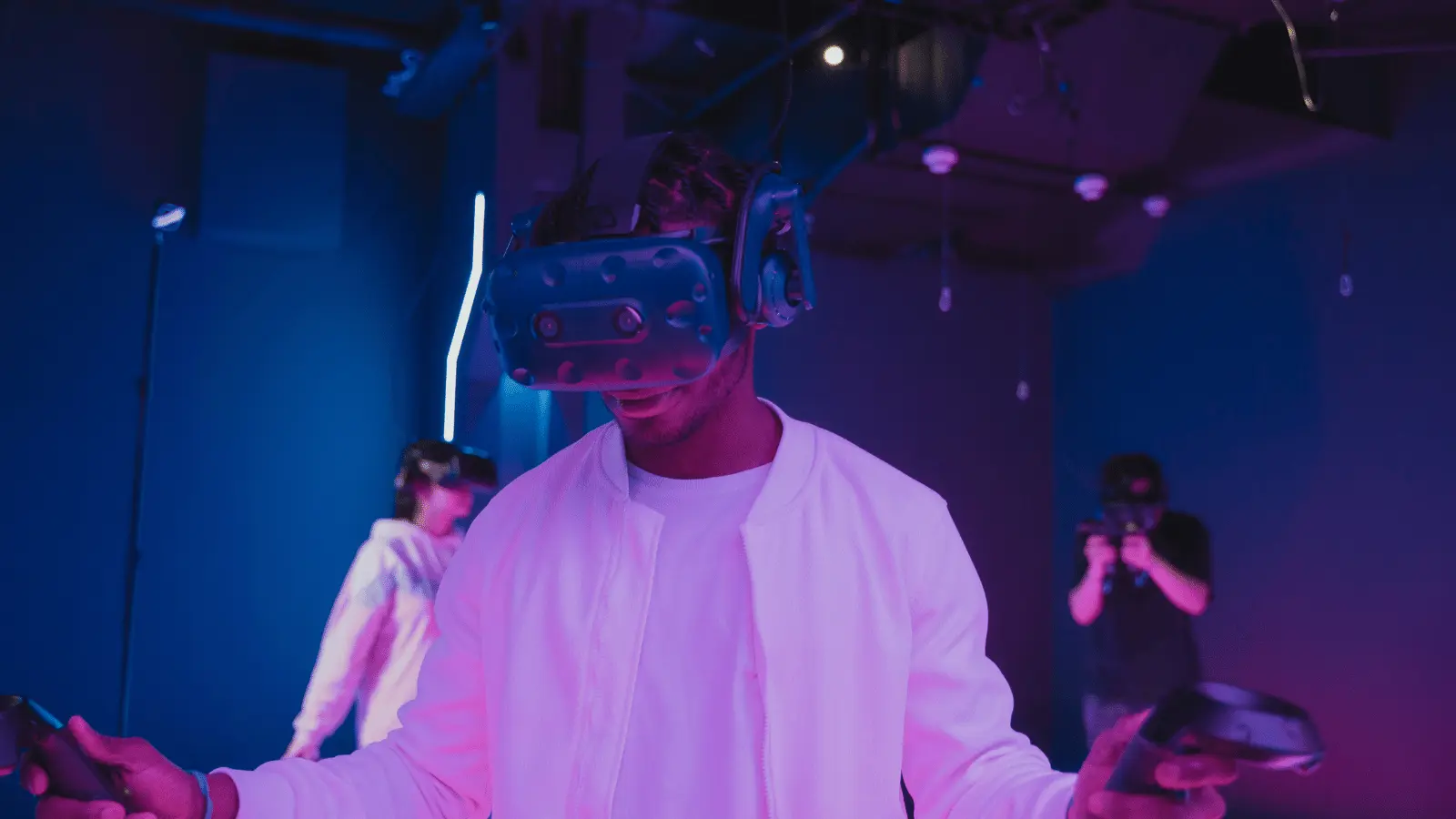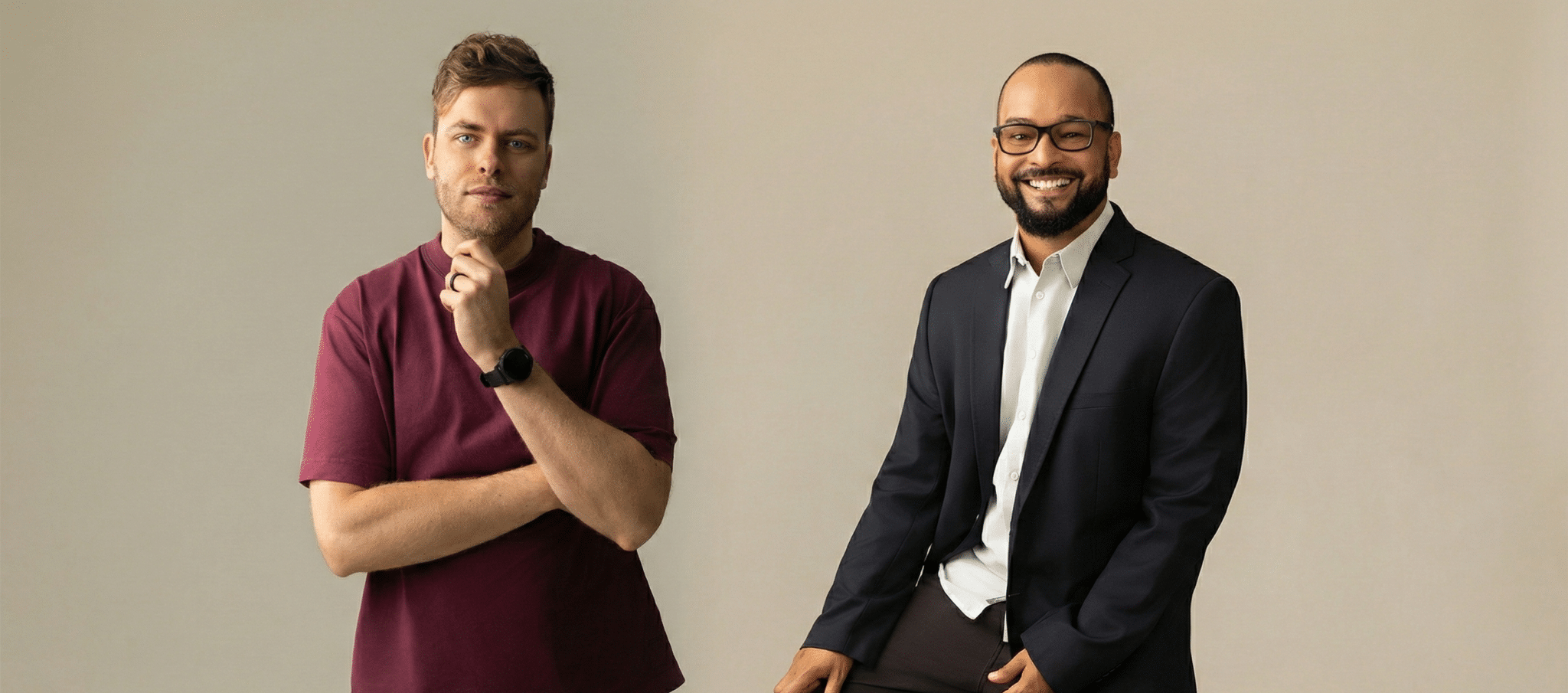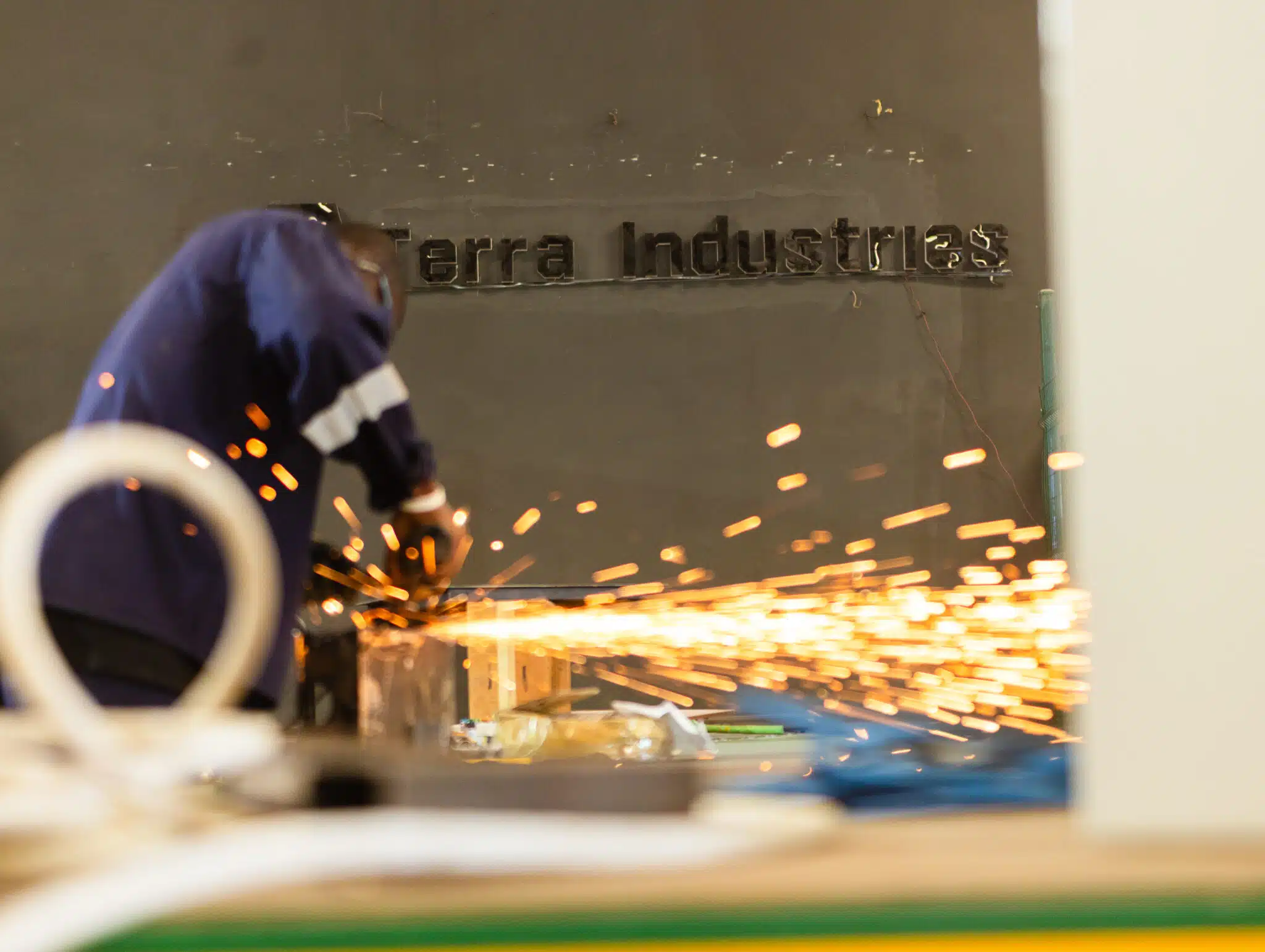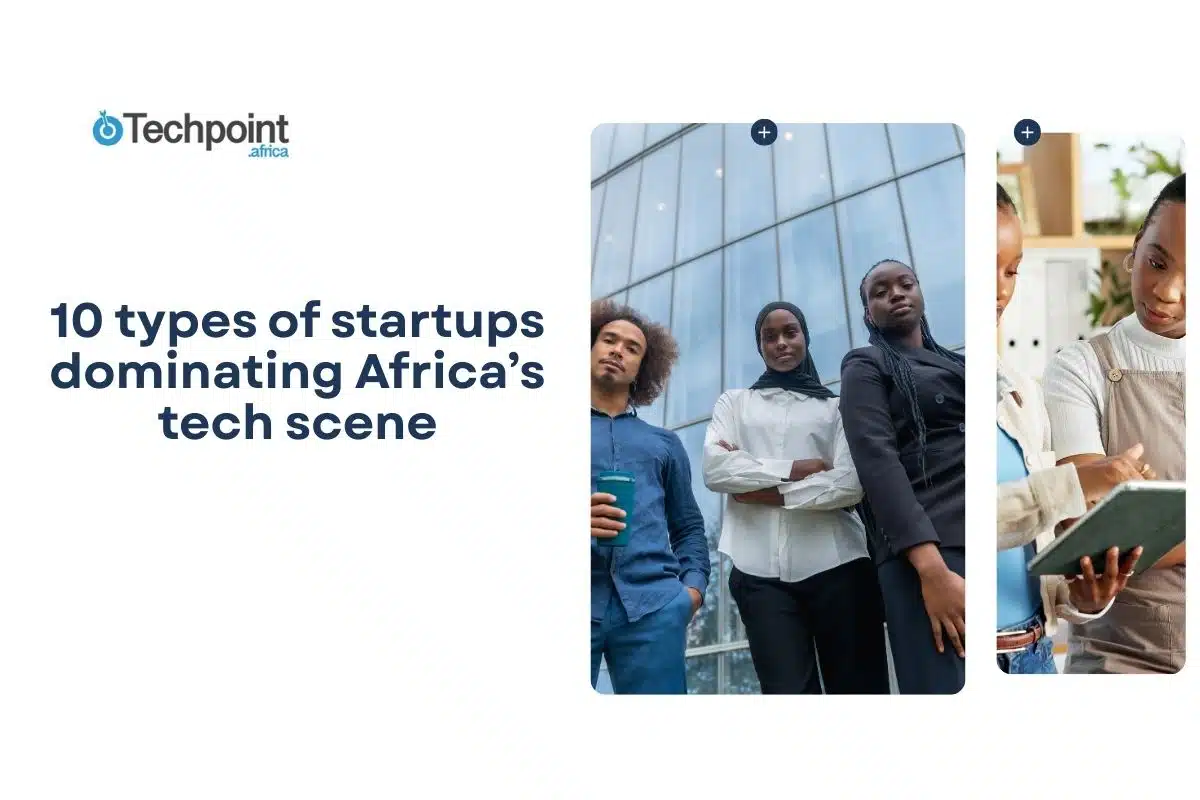If you wanted to get acquainted with a period or place in history, you would probably skim through a history book, looking at pictures of old buildings and reading about what they used to be. But in the heart of Tunisia, where the ruins of Carthage quietly carry centuries of history, a digital platform is bringing that past back to life for you.
“Carthage was destroyed during the Punic War, so nothing is left. This is when I had the idea that with 3D, we can rebuild it and show it,” Bakir tells Techpoint Africa.
For many students, history is not a favourite subject; from the places, to the names, to the never-ending dates. But it does not have to be that way. Historiar is changing the perception of history by offering immersive 3D experiences of reconstructed historical sites.
When Bakir began working on Historiar, she wasn’t simply building a technology platform; she was picking up the ruins of ancient Tunisian cities, often overlooked, and restoring them to their former glory. Bakir stumbled upon the idea for Historiar in the same way that one stumbles upon a rock in a city with broken walls. While working on her thesis in 3D Reconstruction and Segmentation, she visited the historical sites at Carthage, looking for a quiet place to think, and there she came up with the idea to build something from the ruins.
Drawing from Bakir’s expertise in 3D reconstruction, Historiar combines 3D modelling with artificial intelligence to recreate cultural heritage sites and ancient cities, offering immersive experiences for cultural tourism, education, and entertainment. In 2019, when Historiar began, Bakir says they partnered with the Department of Human Science and Archaeology at the University of Sousse, Tunisia, to create accurate reconstructions of the sites.
“We recreate cultural heritage sites and cities thanks to 3D modelling and AI,” Bakir explains. Through the platform, people can explore cities from different eras, directly from their phones or laptops. “It’s like a Google Map for ancient history,” she adds.
Historiar has partnered with the Tunisian Ministry of Culture so that visitors to the museum can have a more immersive experience exploring sites and cities with virtual reality goggles.
“For us in Tunisia, our historical sites don’t have visibility as it is, for instance, for Rome or Egypt, but we have a rich cultural heritage, and this is why we collaborate with the Ministry of Culture and also the Ministry of Tourism to innovate, to integrate this kind of immersive experiences and new technology for good,” she says.
Historiar already has nine experiences live across four cities in Tunisia — Carthage, Dougga, Hammamet, and Sbeitla — with four more European cities coming up.

Victoria Fakiya – Senior Writer
Techpoint Digest
Make your startup impossible to overlook
Discover the proven system to pitch your startup to the media, and finally get noticed.
Bakir adds that English, French, and Arabic have been added to the platform, with audio guides.
Making history cool
Bakir sees a future where Historiar is a go-to resource for history students across Africa. Right now, Historiar is making an impact in classrooms. Through a collaboration with schools in Tunisia that have included Historiar’s immersive historical experiences in their curriculum.
Artificial intelligence is reshaping what is possible in education, with a plethora of interactive AI tools for learning almost any subject. Across Africa, more edtech startups are springing up, integrating gamification, audio-visual tools, and immersive technologies into the learning experience. These innovations are transforming the way students learn and engage with information students engage with information. Virtual reality, for example, breaks down the boundaries of a classroom’s walls and visually immerses learners in the subject matter.
Bakir says that the integrated action and 3D modelling make learning history very interesting for children learning in schools. She says it is more interesting for the kids to approach historical education in this way than simply reading it in books.
“Since I was a kid, it has been my passion to learn about mythology, history, and archaeology. But many people are not like that. They don’t like these history courses. So with technology, they are more attracted to it. I think we saw that with kids, especially.”
How Historiar makes money
Historiar monetises its services through two channels. Bakir says they receive direct sales on the website, where users often order tours of historical sites. Historiar also receives inquiries from groups and tour operators, schools, and other entertainment events. With them, they are often able to work out a partnership for an extended relationship.
Tours on Historiar on average cost 10 Tunisian Dinar ($3) for 48 hours.
Still, the startup is exploring opportunities with ministries of education, culture, and tourism and plans to expand its language offerings beyond the three currently available.
At a time when traditional education is under pressure to adapt to innovation, Historiar acts not only as a tool for getting students immersed in history but also for helping communities acquaint themselves and preserve their historical identities.
“I think this project can help more people love history. If you don’t know your history, you cannot vet your future. It is important for individuals to know their legacy,” Bakir says.











